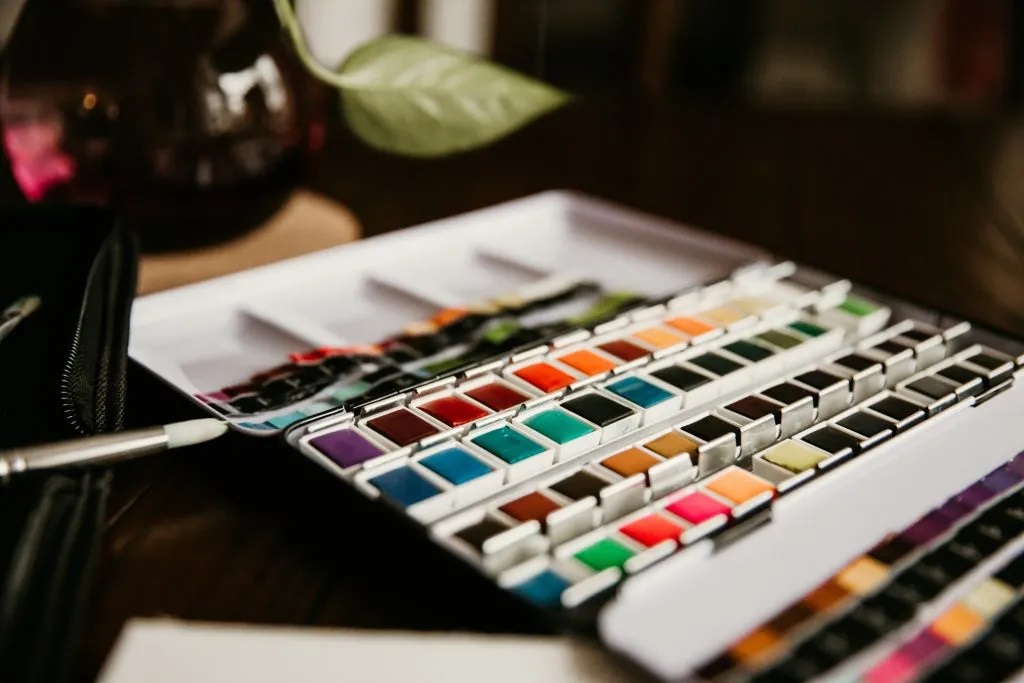A lot of people dream of becoming artists, but very few make it happen. It’s not easy, and it requires a lot of dedication. You have to put in the time and effort to become an artist. They say that you’ll never get a second chance at life, but if you don’t take action and make the most of your first go around then you might as well forget about it because this will probably be your last.
If you’re interested in learning how to hone your artistic skills, or if you just want some tips on how to become more productive while working towards that career option, this article is for you! Read on as professional artist Jacob Farkas discusses more about productivity and what it takes to become an artist.

Take Time to Plan Your Week
Everyone has different creative rhythm, and it’s important to plan ahead so you don’t miss out on any opportunities. So, when you’re first getting started, create a calendar reminders so you don’t miss out on any deadlines. Not only will this improve your productivity, but it will also make the whole process of creating much less stressful. Once you get the hang of creating, you’ll enjoy it so much more because you’ll be more focused and less stressed.
Work Around Your Peak Creative Time
Some people get really into their work and end up spending the majority of their time in a creative black hole. If you’re like this, and you spend all your free time creating, you’re probably going to be incredibly productive. But, if you’re not careful, you can end up being so focused on your work that you don’t have time for your creative side. You can’t control how you feel while you’re creating, but you can control how you respond to feelings of frustration, anxiety or sadness. If you’re having difficulty handling your work load, Brooklyn painter Jacob Farkas recommends trying to schedule time for creative activities that will help you decompress.
Use Tools to Stay Organized
It’s important to note that creativity doesn’t require organization or focus. In fact, being creative can come from having a messy desk or work space. So, organizing your work space doesn’t mean that you have to clean everything out. It just means that you have a better chance of finding what you need when you’re looking for it. If you doodle around your desk or your art studio, you’re more likely to find what you’re looking for than if you don’t.
Master the art of taking breaks
Taking breaks is critical to any creative project, whether you’re a freelance artist or an established professional. Your break should be focused on your health and not just your work load. If you’re not taking breaks during your lunch break or your commuting time, you’re probably not going to have the opportunity to take a break and relax. When you’re the only one working, you have to be willing to take a break. Sometimes, you have to say no to work and take a break. If you don’t, you’re going to be extremely stressed out and probably not as effective as you could be because you’re not taking care of yourself. So, when you’re stressed out, your creative process gets affected because your brain is trying to force ideas and solutions that aren’t there. So, take care of yourself by taking frequent breaks and eating a healthy, balanced meal, adds Jacob Farkas.
Conclusion
Artists need to be extremely productive in order to reach their full potential and be successful in the industry. It is important, however, to remember that productivity isn’t about how many hours you spend working, but about what you do while you’re working. The article has been designed to help you become more productive while working towards becoming an artist. By using the tips and tricks we’ve outlined in this article, you’ll be well on your way to becoming an artist. Now all you have to do is, just like the artists in our example, to dream big, follow through, and make it happen!